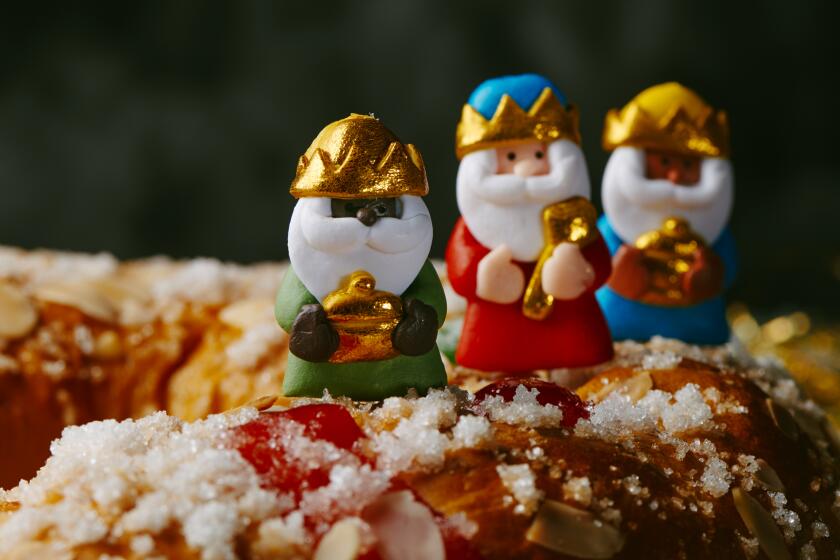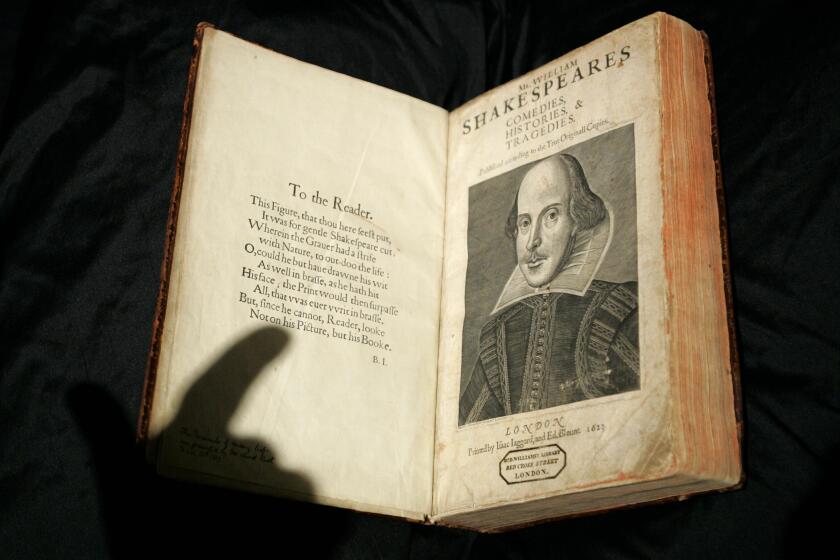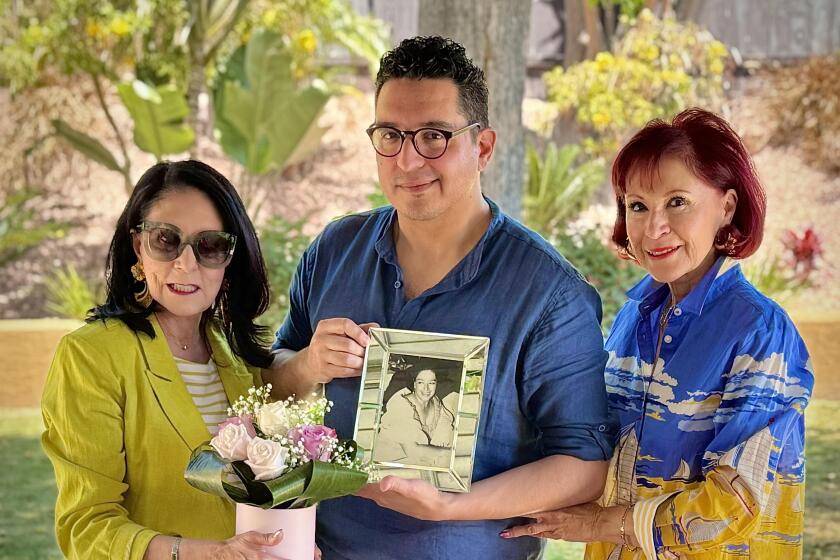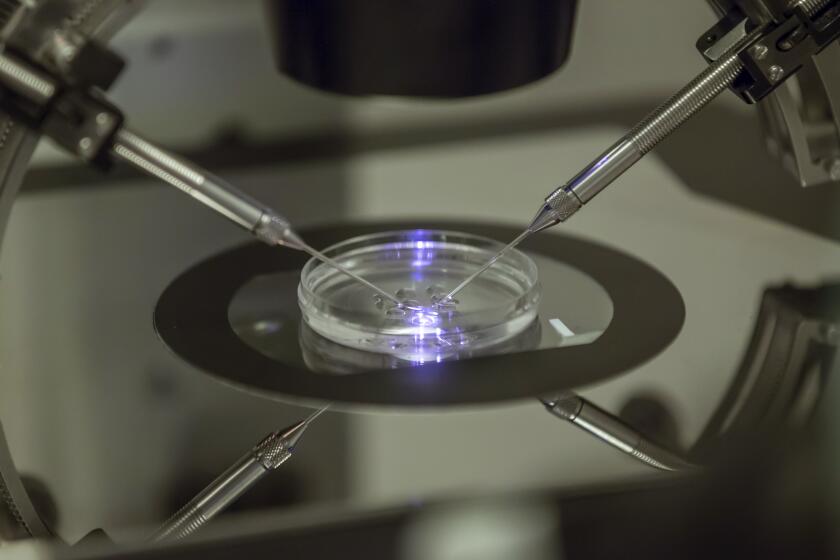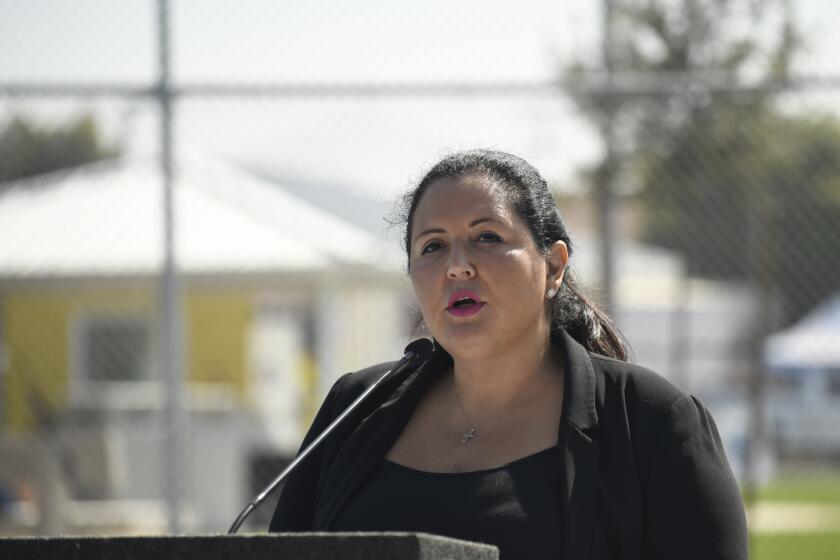Opinion: I’ve celebrated Three Kings Day in Tijuana, Mexico City and Spain. Here’s how they differ.
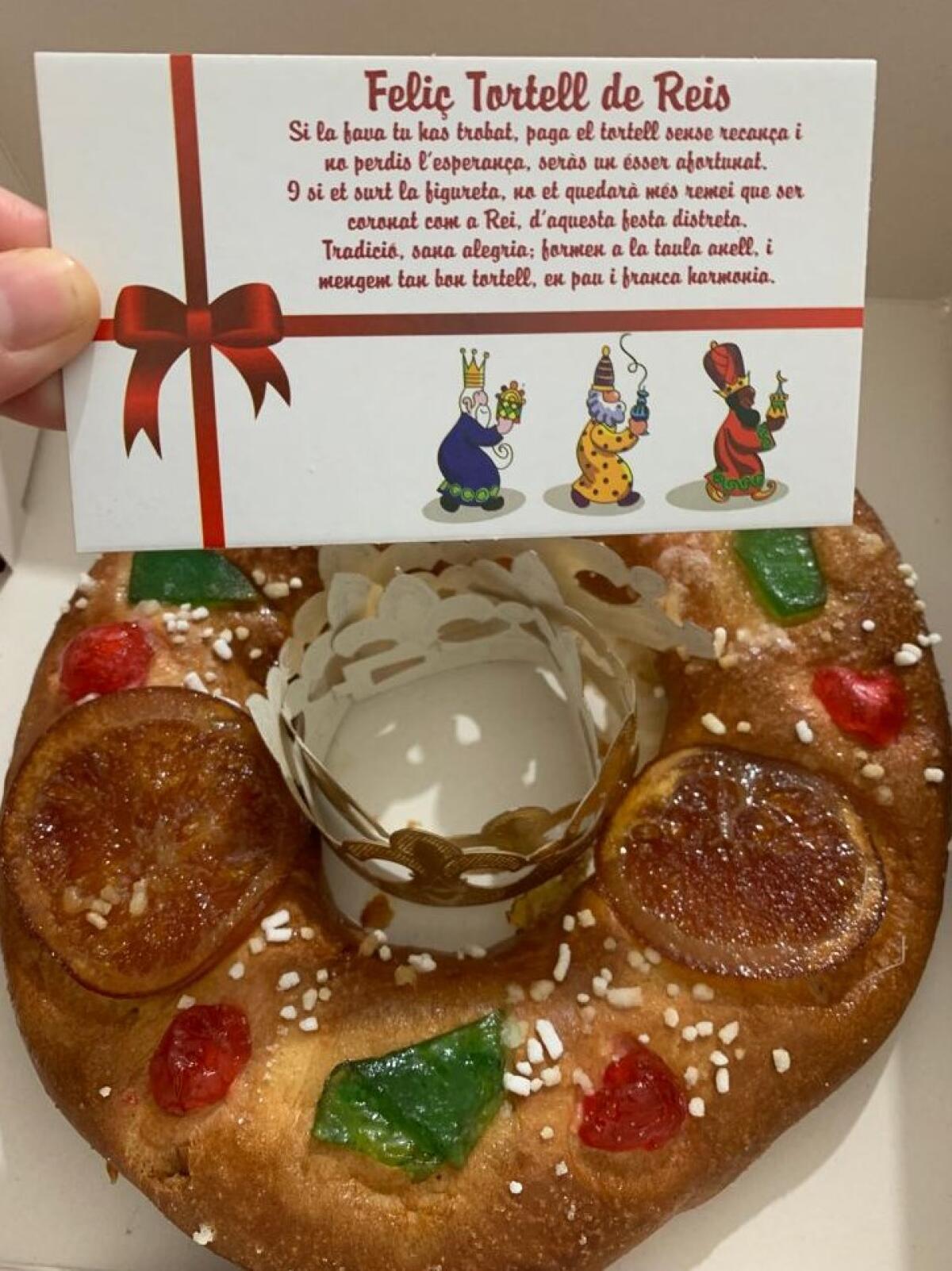
Every Día de Reyes is about gifts and time gathering with your loved ones, eating and enjoying the rosca or roscón for dessert.
Bayliss is a communications professional and travel journalist. She is editor of Viaje con Escalas magazine and director of CoCo, a communications agency, and lives in Barcelona, Spain. Editor’s note: This has been translated from Spanish by a member of the editorial board.
During my childhood in Tijuana in the 1980s, I remember only one year when the Three Wise Men left me some roller skates on Jan. 6 or Día de Reyes — the day that the Three Wise Men arrived in Bethlehem with gifts for baby Jesus. In many places in Mexico, children wait until Día de Reyes to open gifts, reflecting the tradition that it is these men who deliver them, not Santa Claus.
Three Kings Day is celebrated worldwide on Jan. 6, the 12th day of Christmas, as the day the Three Wise Men brought gifts to baby Jesus.
And there was no parade or cavalcade in my town until a soda company came along and made the Jan. 6 celebration a thing, but I was a teenager when that happened. The rosca de Reyes — the traditional bread that goes with the day — appeared when I started working. It would be there right before leaving the office or at lunchtime for anyone to eat and maybe find the plastic baby Jesus inside to appoint who would come back with tamales on Feb. 2 for Día de la Candeleria.
Twenty years later, I ended up living in Mexico City and was surprised to discover that such festivities were much more alive than in Tijuana. Big parades, letters to the Three Kings sent in balloons, the ritual of delivering gifts and eating rosca with hot chocolate or champurrado. In Tijuana, I never celebrated it like that.
And that was because it was not celebrated that way.
Tijuana is a mixture of different cultures from its own country. But over the years, I have witnessed how this tradition has become more present in the city. And it is thanks to Mexicans from the center and south of the nation who settled in this border area that Tijuana’s younger generations have learned to believe in the magic of the Three Wise Men, and of course in the ritual of the gifts and the traditional rosca.
Back in my day, there was only one kind of rosca. Now, you can find different types of roscas with different shapes. There are roscas with filling, without fruit, with only a sugar coat on top, with chocolate and even taco-rosca. Will there be a baby Jesus inside of that one?
The Three Kings Day tradition started on the other side of the world. That’s why when I was 30, I ended up celebrating this festivity in Spain. There, the Three Wise Men’s Day is not any holiday — it is almost a national celebration. The event is broadcast live every year on national TV. The Spaniards know how to live it!
It was from the 19th century that the tradition of giving gifts arrived, and it was in 1866 when the first Three Wise Men parade took place in the Spanish community in Alcoy, Alicante. The tradition later spread to the rest of the country and then to other Hispanic countries.
As it happens in Mexico, the Three Wise Men’s Day marks an end to the holiday season, but that does not make it less powerful. The Three Kings visit cities and towns to hand out gifts as the true providers of happiness, and are much more common than Santa Claus in Tijuana or Mexico City. Days before Jan. 6, the youngest members of families write a letter that they place in a shoe and leave in their home near the door, the window or the nativity scene. With great faith, they wait for the Three Kings to fulfill their wishes.
On Jan. 5, the media reports the arrival of their majesties. In Barcelona, for example, they arrive at the port. That day with their magic, the Three Kings visit all the neighborhoods to collect the letters, and they do it with music and candies, and with aerial or butterfly nets to catch the dozens and dozens of petitions in envelopes.
This is a difficult night in Spain because if you have misbehaved you will get a lump of coal instead of presents. How could anyone go to sleep knowing that? It must feel awful.
Whatever the result may be, every “morning of Reyes” — as it is called in Spain — is about gifts and time gathering with your loved ones, eating and enjoying the rosca or roscón for dessert. By the way, the rosca in Spain has a crown in the center, and instead of a baby Jesus figure, there is a little ceramic monkey that is a king and makes you the king! But be careful, because there is also a bean in the rosca that you may get instead and, can you imagine taking a bite of your slice of cake and biting a raw bean instead?
Now that I am in my 40s, after the worst of the pandemic and after celebrating Three Kings in other cities, I am visiting Tijuana just for the holidays. It seems that my destiny is to celebrate this year as I did not in my childhood — mixing traditions, still not receiving gifts and wondering if I should export the taco-rosca.
Happy Three Kings Day!
Get Weekend Opinion on Sundays and Reader Opinion on Mondays
Editorials, commentary and more delivered Sunday morning, and Reader Reaction on Mondays.
You may occasionally receive promotional content from the San Diego Union-Tribune.
